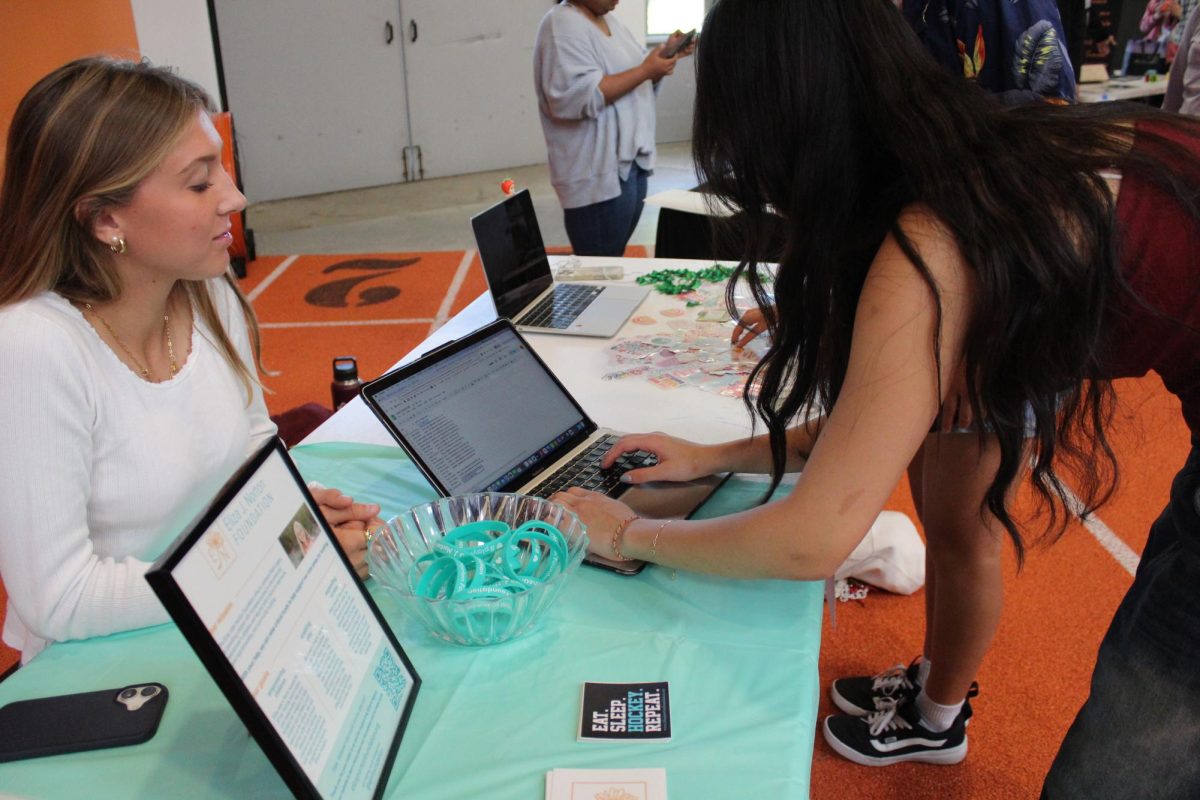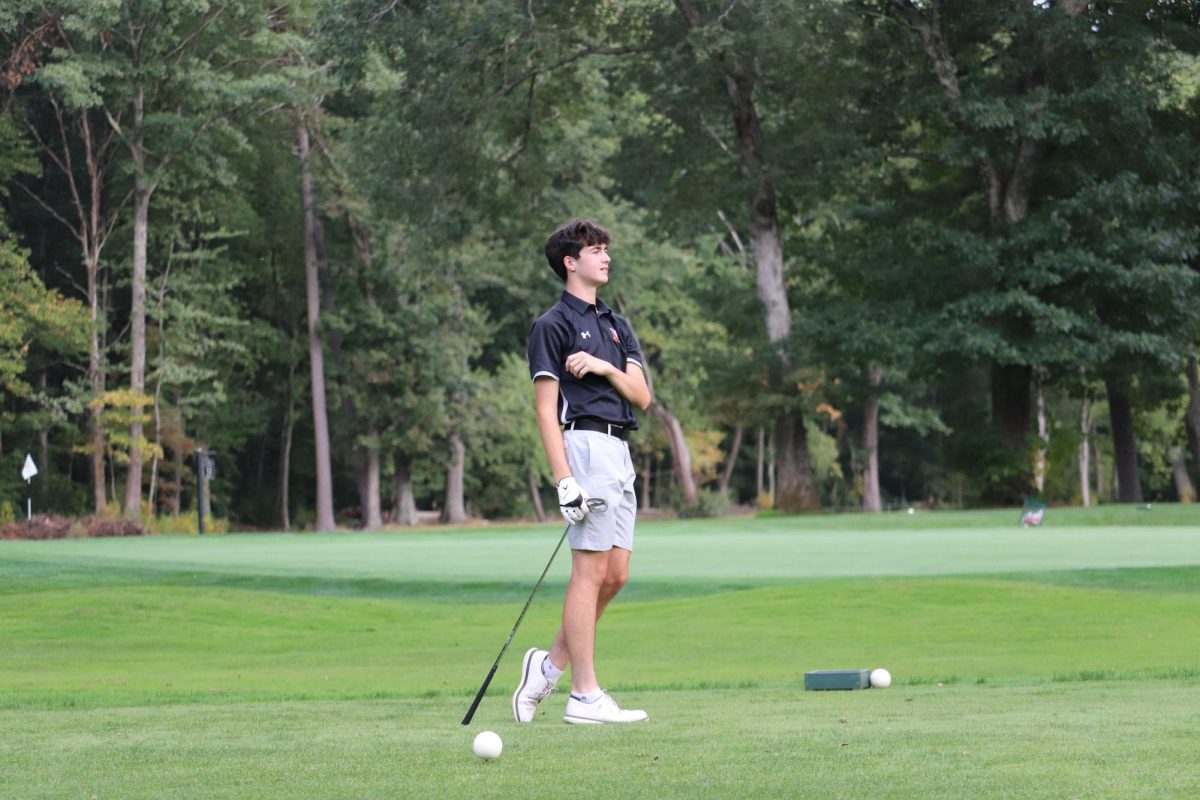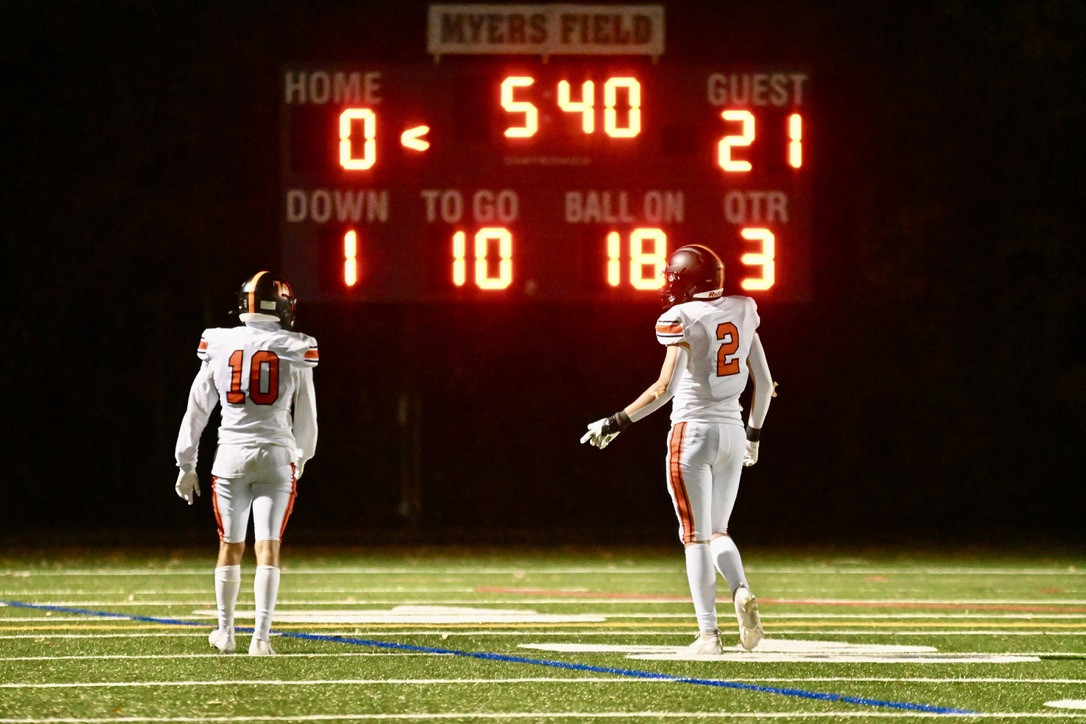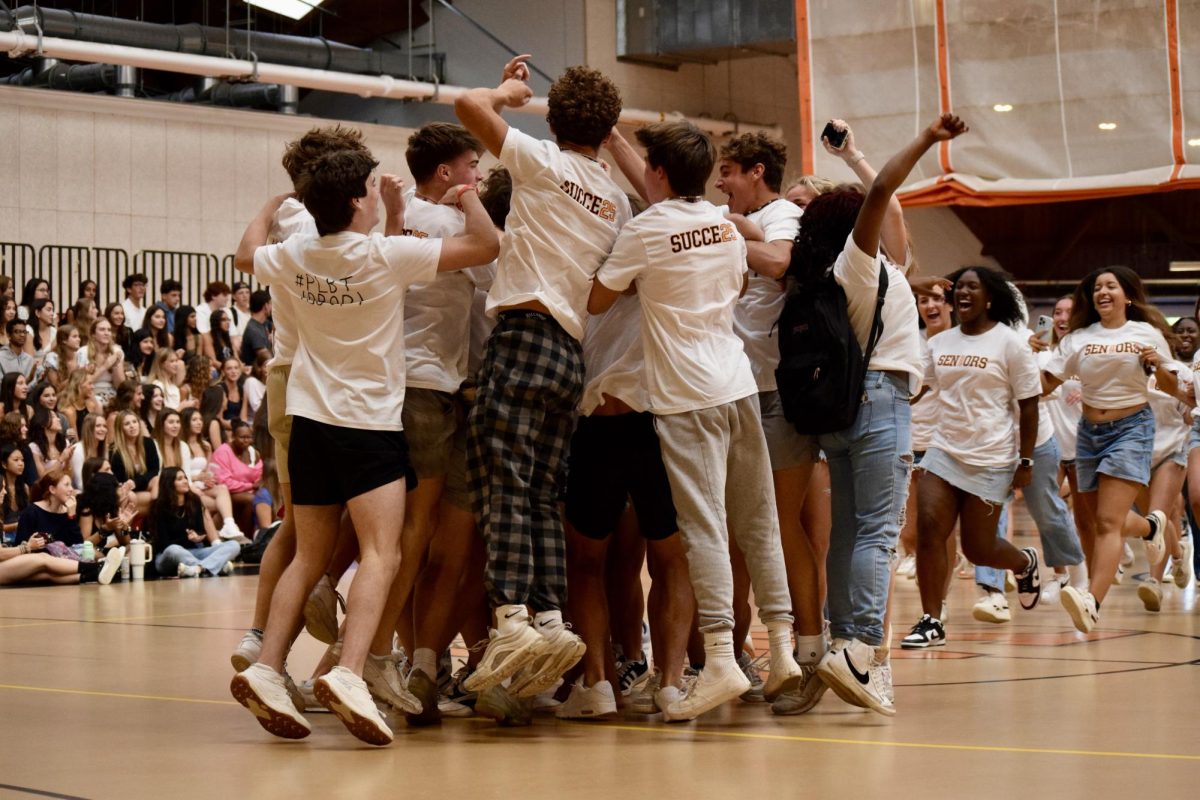
According to Mizoguchi, the necessity for change was not a result of the program’s performance in its first year, but rather a natural progression in the advisory system’s two-year introductory phase. The specific changes, however, were influenced by student and faculty opinions on the successes and failures of last year’s advisory.
“Advisory was one more big change that folks had to really figure out, manage and incorporate into their lives, so we knew that it was going to be a really tough first year,” Mizoguchi said. “Going into that, we were wide open and receptive the entire time.”
As early as the fall of last year, faculty and student council surveys provided insight into aspects of advisory that could use readjustment.
But perhaps the most critical information in solidifying changes for the upcoming year came from a focus group conducted last June. One student was randomly selected from each advisory to participate in the group, which gave feedback on different aspects of advisory and suggested changes for the upcoming year.
This year’s revised advisory will attempt to address four main points of feedback from the focus group. The first issue students raised was that advisory felt too much like a class. To move away from a rigid classroom environment, advisories are now asked to arrange desks in a circle, which will allow for easier discussion and a more communal overall feel. In the spirit of divergence from the traditional classroom setting, students will also participate in more hands-on activities in advisory.
Additionally, advisory will meet on a more regular basis to facilitate stronger connections within each advisory group. Groups will meet every Wednesday after second block, regardless of any holidays or school cancellations on other days in that week. But if school is cancelled on a Wednesday, advisory will not be rescheduled in the same week.
A third issue students presented was the limited input students were allowed on advisory topics. To address this issue, student leadership groups like E-Board and student council will aid in generating advisory topics. The writers of the advisory committee, Mizoguchi and teachers Gwen Goldin, William Froberg and Kevin Delaney, will then adapt the students’ topics of choice into advisory sessions. Individual students are also encouraged to share ideas for advisory topics with their teachers, who will then relay the information to the committee.
The final consistent concern students expressed was with the scripted nature of advisory. In response to that, teachers will be given more flexibility to lead discussions as they see fit.
Despite the many new changes to advisory, the physical groups from last year’s advisory will remain the same. New freshman-only advisory groups have been formed, similar to the senior-only advisory groups that existed last year. In the future, the program will continue to separate freshmen and mix sophomores, juniors and seniors.
Mizoguchi expressed hope for the program’s growing potential, identifying benefits she believes students could derive from an optimally-functioning advisory.
“The end goal is an individual who knows how to listen, who knows how to engage with other people, who knows how to share themselves,” Mizoguchi said. “I think that advisory will help us do all that.”





































The Truth • Sep 4, 2013 at 11:20 PM
"wide open and receptive" that is a lie when the advisory leaders met with student council they came in and dragged their heals saying the planned from a thousand dollar program and it was proven to work… that was not a receptive response